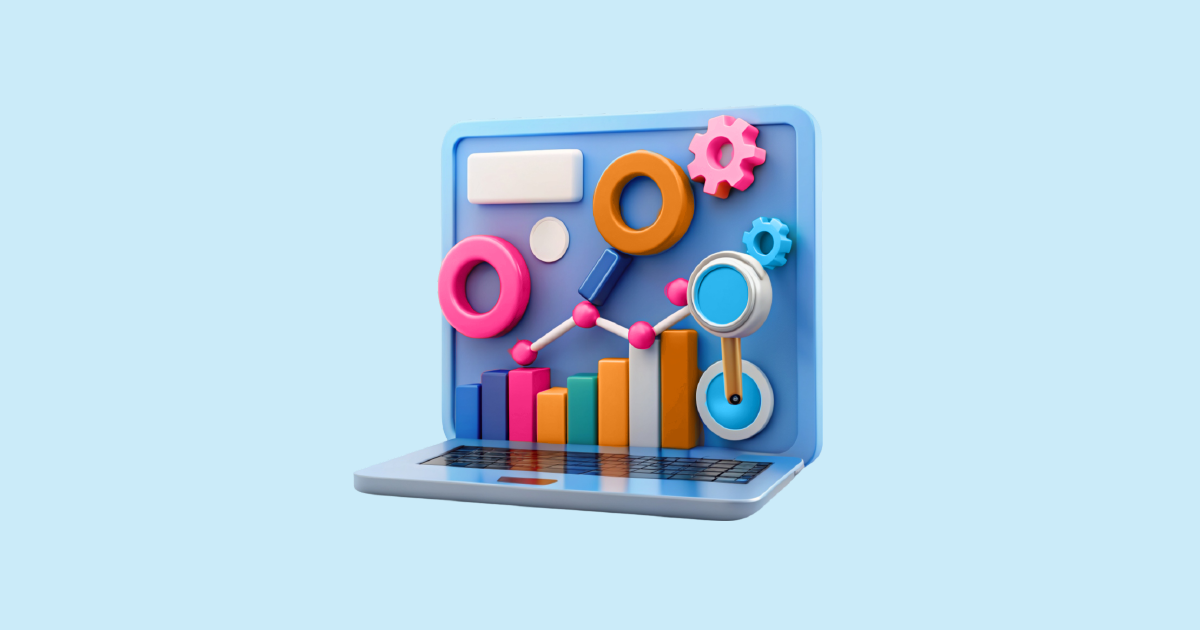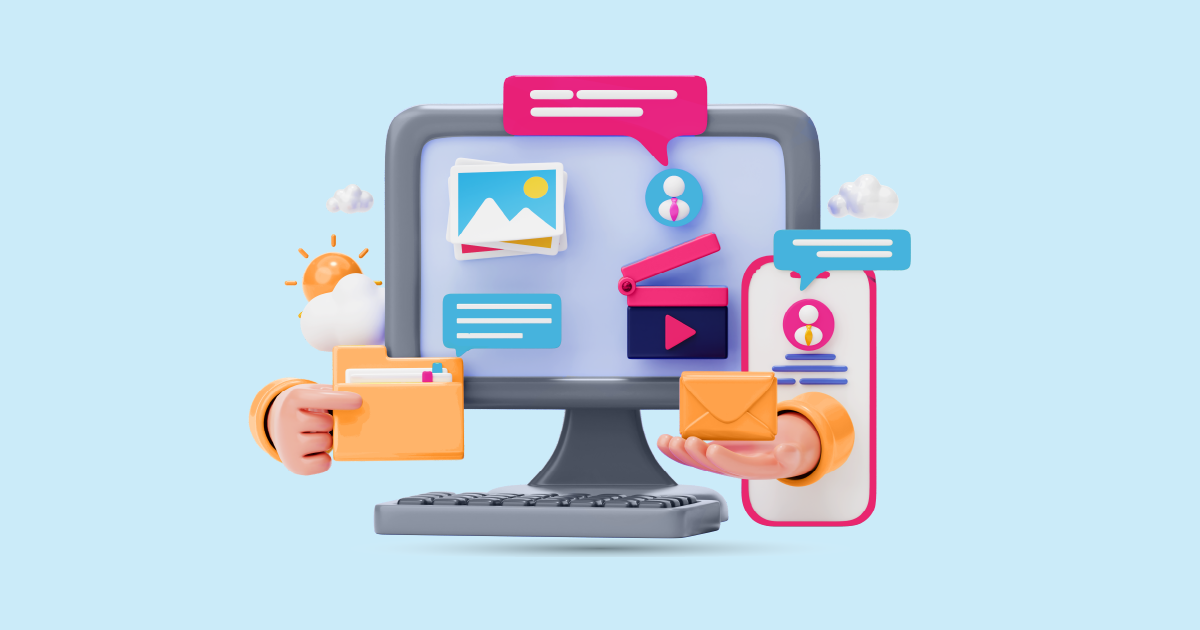When you hear “market intelligence,” you might think of consumer behavior or B2C (business-to-consumer) trends. However, B2B (business-to-business) market intelligence is an entirely different beast. In the world of B2B, understanding market dynamics, competitors, and industry trends can make or break a business’s ability to grow and succeed. But what is B2B market intelligence exactly? It’s the process of collecting and analyzing data to inform strategic decision-making within business environments, especially when selling products or services to other businesses. The need for accurate and timely B2B market intelligence is paramount—without it, companies are left navigating in the dark.
Why B2B Market Intelligence Matters

In the cutthroat B2B world, where competition is fierce and customer demands are constantly shifting, having access to up-to-date, reliable market intelligence provides a competitive advantage. The value of this intelligence can be broken down into three key areas:
-
Gaining a Competitive Edge – Market intelligence allows businesses to identify gaps in the market and areas where competitors are underperforming. Armed with this information, businesses can position themselves as industry leaders.
-
Understanding Market Trends – Monitoring industry developments enables businesses to stay ahead of the curve. Whether it’s technological advancements, shifts in consumer behavior, or regulatory changes, market intelligence provides the insight necessary to adapt quickly.
-
Improving Decision Making – Data-driven decisions are always more reliable than gut instincts. By leveraging market intelligence, B2B companies can make more informed decisions regarding product development, marketing strategies, and resource allocation.
Key Components
When diving into market intelligence, businesses focus on several components to gather the necessary insights:
-
Data Collection Methods – Market intelligence involves two main data collection approaches: primary data (surveys, interviews) and secondary data (industry reports, competitor analysis). Both methods are valuable for gathering actionable insights.
-
Market Segmentation – Understanding different customer segments within the B2B space is crucial. Market intelligence helps to identify and target specific industries, company sizes, or decision-makers who are most likely to convert.
-
Industry and Competitor Analysis – By analyzing competitors’ strengths, weaknesses, opportunities, and threats (SWOT), businesses can uncover potential areas to outperform them and capitalize on untapped opportunities.
How to Gather B2B Market Intelligence
The process of collecting market intelligence involves a mix of qualitative and quantitative methods. Here’s how businesses can gather the data they need:
-
Primary vs Secondary Data – Primary data is firsthand information collected through surveys, interviews, and focus groups, while secondary data is information that already exists, such as market research reports, academic journals, and publicly available statistics. Both types of data are essential in crafting a complete picture of the market landscape.
-
Tools for Data Collection – To efficiently gather intelligence, businesses can use specialized tools like Google Analytics, SEMrush, or industry-specific platforms. These tools help track website traffic, competitor strategies, and industry trends.
-
Leveraging Social Media – Social media platforms like LinkedIn, Twitter, and Reddit are gold mines for B2B market intelligence. They provide real-time insights into industry conversations, emerging trends, and customer sentiment.
Techniques for Analyzing B2B Market Intelligence
Once data is collected, it’s time to analyze it to extract valuable insights. Here are some techniques used to analyze market intelligence:
-
Qualitative vs Quantitative Analysis – Qualitative analysis focuses on understanding the motivations and behaviors behind customer actions, while quantitative analysis deals with numbers and statistics. Both methods complement each other and provide a well-rounded view.
-
SWOT Analysis – A SWOT analysis helps businesses identify their strengths, weaknesses, opportunities, and threats in relation to competitors and the broader market.
-
Predictive Analytics – Predictive analytics uses historical data to forecast future trends. It helps businesses make decisions based on what is likely to happen, rather than what has already occurred.
The Role of Technology in B2B Market Intelligence
Advancements in technology have revolutionized how businesses gather and analyze market intelligence. Key technologies include:
-
AI and Machine Learning – Artificial intelligence and machine learning algorithms can sift through large volumes of data, identify patterns, and provide insights that would be impossible for humans to uncover.
-
Big Data Analytics – With big data, businesses can process vast amounts of information from multiple sources to gain a deeper understanding of the market.
-
Automation Tools – Automation tools can streamline data collection, analysis, and reporting processes, allowing businesses to focus on action rather than labor-intensive tasks.
Challenges
Despite its importance, market intelligence does come with challenges, including:
-
Data Quality Issues – If the data collected is inaccurate or outdated, it can lead to flawed insights and poor decision-making.
-
Privacy Concerns – In today’s data-sensitive world, respecting privacy laws and regulations is critical when collecting market intelligence.
-
Staying Updated – The market is constantly evolving, and businesses must ensure they have the most current information to remain competitive.
How B2B Market Intelligence Impacts Business Strategy
B2B market intelligence isn’t just about gathering data—it’s about using that data to shape strategies. Here’s how:
-
Improving Product Development – By understanding customer needs and market trends, businesses can develop products that better meet the demands of their target audience.
-
Shaping Marketing and Sales Strategies – With insights into customer preferences, businesses can tailor their marketing efforts to increase engagement and conversions.
-
Enhancing Customer Relationships – Knowing what customers want allows businesses to create personalized experiences, fostering stronger relationships and customer loyalty.
Real-life Examples
Case studies show how B2B market intelligence has helped companies thrive:
-
Case Study 1: Using Data to Improve Lead Generation – A B2B software company used market intelligence to identify high-value leads. By targeting these prospects, they increased lead conversion rates by 30%.
-
Case Study 2: Identifying New Market Opportunities – A manufacturing company leveraged market intelligence to identify an underserved niche in the healthcare industry, enabling them to expand into a new market.
Best Practices for Implementing B2B Market Intelligence
To maximize the benefits of market intelligence, businesses should follow these best practices:
-
Building a Strong Data Collection Framework – Establishing clear methods for collecting accurate and relevant data is key.
-
Ensuring Data Accuracy and Relevance – Regularly validate and update data to ensure its relevance and accuracy.
-
Training Teams for Better Insights – Equip employees with the skills and knowledge needed to analyze data and implement insights effectively.
Future Trends
As technology continues to evolve, so will B2B market intelligence. Businesses must stay abreast of trends like AI-driven analytics and automation tools that will further enhance the effectiveness of their intelligence-gathering processes.
Conclusion
B2B market intelligence is a vital tool for businesses looking to stay ahead of the competition and make data-driven decisions. By leveraging the right tools and technologies, collecting valuable insights, and integrating market intelligence into your strategy, you can optimize your approach and drive business success.
If you’re looking to enhance your B2B market intelligence capabilities, request a demo from AIM Technologies today. Discover how our cutting-edge tools and solutions can help you gather and analyze market data more efficiently.
FAQs
-
What is the difference between B2B and B2C market intelligence?
B2B market intelligence focuses on data related to business customers, whereas B2C market intelligence deals with individual consumer behavior and trends. -
How can small businesses benefit from market intelligence?
Small businesses can use market intelligence to better understand their target audience, identify growth opportunities, and compete with larger businesses. -
What are the most effective tools for gathering B2B market intelligence?
Effective tools include Google Analytics, SEMrush, LinkedIn, and specialized B2B intelligence platforms like ZoomInfo or Crunchbase. -
How do I analyze market intelligence data?
Data can be analyzed through qualitative and quantitative methods, including SWOT analysis and predictive analytics. -
Why is market intelligence important for sales and marketing?
It provides valuable insights into customer needs, market trends, and competitor activities, which can be used to refine sales and marketing strategies.




